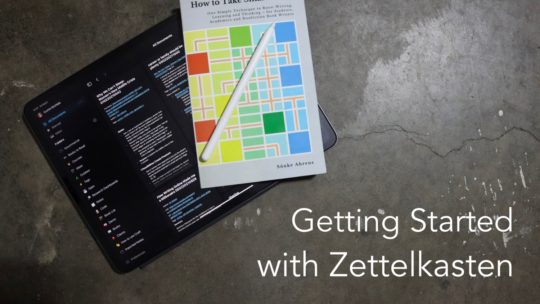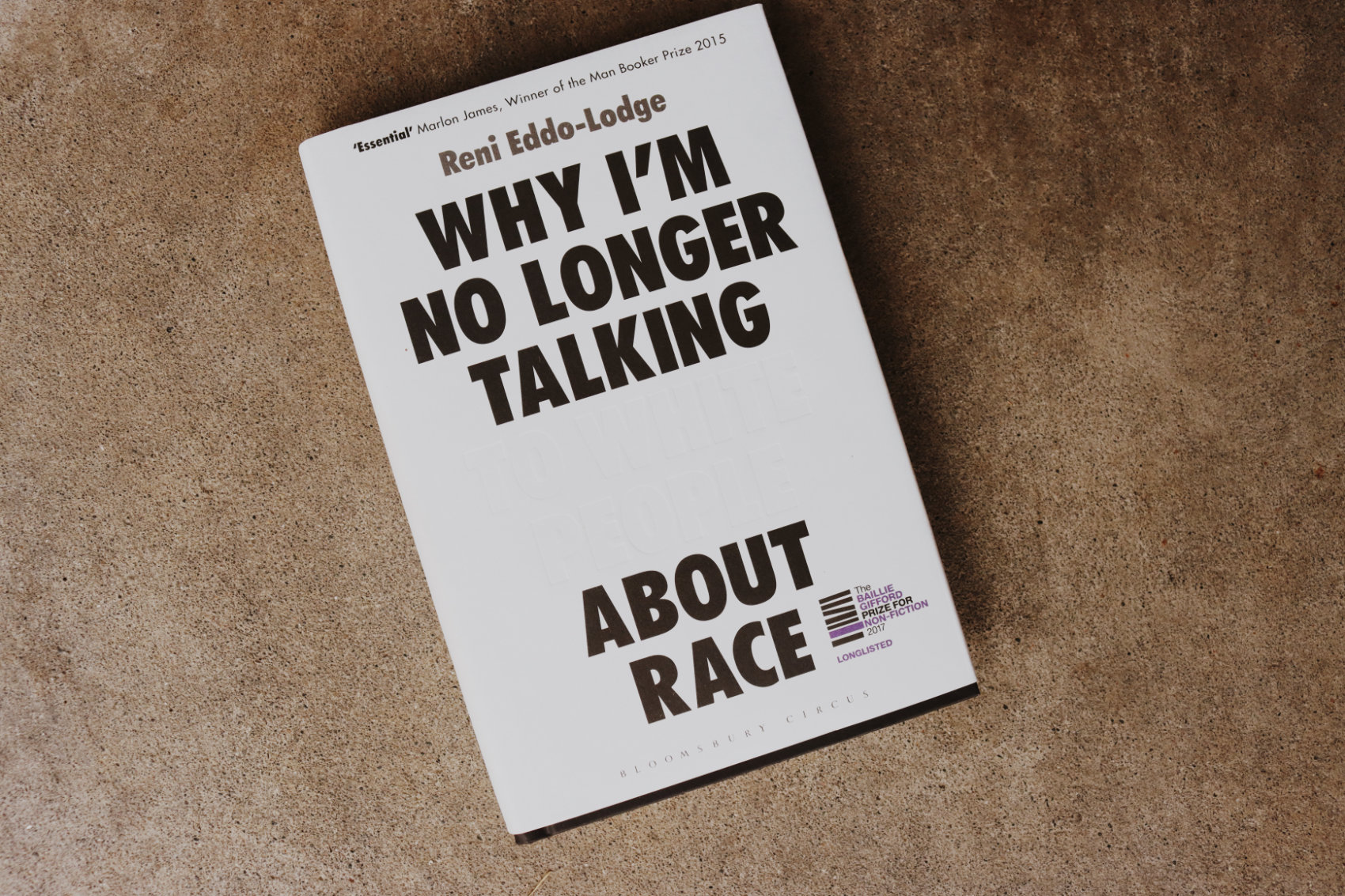Starting late in 2019 I realized that I had read little by people of colour and didn’t understand racism at all. I didn’t understand how First Nations in Canada had been treated. I didn’t know much about slavery, or how many paragons of white history were pretty terrible people. I’ve done some reading to expand my knowledge this year, and today’s book is going to further that.
Why I’m No Longer Talking to White People About Race by Renni Eddo-Lodge caught my eye at my local bookstore in a browsing session, when we could do that. It came home and sat on my shelf for a few months until we had protests in the US that prompted me to pick it up as my next read because of its applicability to current events.
I’m not reviewing this book. I’m only highlighting some of the points that made me think deeper and have helped me recognize injustice in the language I use and the thoughts I have. I’ve still got a ways to go, but we gotta start somewhere.
Before we dive in let’s not that Eddo-Lodge says she’s going to use the term “people of colour” to reference anyone that’s not white[^1]. I’m going to stick with that pattern as I talk about this book.
The Burden of Education on Racism
One of the bigger ideas for me was that racism is a problem of white people, as in they’re the ones enforcing racism but people of colour are the ones that are forced to deal with the fallout of this problem.
The perverse thing about our current racial structure is that it has always fallen on the shoulders of those at the bottom to change it. Yet racism is a white problem. It reveals the anxieties, hypocrisies and double standards of whiteness. It is a problem in the psyche of whiteness that white people must take responsibility to solve. [^2]
The author made the same conclusion when it came to education on feminism. Misogyny is a problem with men, and yet the burden for education has fallen on women[^3].
This also made me think about how asking to be educated is stealing value and time from people of colour. When you ask to be educated, you’re relying on the person in front of you to educate you. That means they had to find the resources and condense them for your benefit. Maybe instead we need to ask what we should read to educate ourselves and ask the friends we have to tell us when we are reinforcing white privilege.
Discussing racism is not the same thing as discussing ‘black identity’. Discussing racism is about discussing white identity. It’s about white anxiety. It’s about asking why whiteness has this reflexive need to define itself against immigrant bogey monsters in order to feel comfortable, safe and secure.[^4]
The Power of Language
When we looked at Words Have a Past, Jane Griffith showed us the power of how language is used in framing discussions. Eddo-Lodge does a similar job when she shows how the word “mugging” came into use for British street crime. While street crime had happened for a long time, “mugging” meant street crime by people of colour and then became the word to use all the time, even if the crime wasn’t perpetrated by a person of colour.
At another point in the book, Eddo-Lodge also points out that a horrible crime done by a white man is treated in a different light. A white man is not considered indicative of all white men when they commit crimes[^5]. When people of other races commit crimes, the opposite happens in news circles and popular press. The crime is treated as indicative of an entire race that is then cast in this poor light.

Getting Started with Zettelkasten
If you’ve been wondering about what Zettelkasten is and how to start organizing your notes with this excellent system then this course is for you. I’ll walk you through how I use this system to develop my reading research for posts like this one here. You can also become a member to get all my courses.
$99 USD (30-day guarantee)
Eddo-Lodge also points out that this is, at least in part, because of the colour of faces in the news room[^6]. You’re most likely to find a face of colour doing cleaning or catering instead of setting the news agenda. We saw in Words Have a Past how powerful it can be to shape the media narrative. To help combat the accusation of a crime is a result of a race wide issue, putting more people of colour in charge of setting the news narrative will help temper the media narrative.
White Privilege
Overall, white is the default. In regular conversation, we don’t define race or colour if we’re talking about a white person, because that is the assumed state of being. This is white privilege, which is not the same as saying that white people don’t have a hard time.
When I talk about white privilege, I don’t mean that white people have it easy, that they’ve never struggled, or that they’ve never lived in poverty. But white privilege is the fact that if you’re white, your race will almost certainly positively impact your life’s trajectory in some way.[^7]
White privilege means that most people are going to assume good in you. It means that when a police officer sees you, they don’t start from the assumption that you need extra watching. It’s far more likely that the assumption is you’re simply going about your business and are fine.
Eddo-Lodge speaks of this in terms of white people being insulated[^8]. White people don’t have the bad experiences that people of colour experience. That means we can’t relate, by almost any stretch of the imagination, to the experiences of people of colour.
This also dovetails into the fear of a black planet, which assumes that people are unfairly vying for precious resources[^9]. If people of colour are getting more resources then it’s at the expense of white people.
She also makes a very salient cross-reference between homophobia and racism by relating an old saying. It says that the homophobia of straight men stems from their fear that other men will treat them the same way that they treat women[^10]. Do white people fear equality because they’re afraid they’ll be treated the same way the system treats people of colour.
Should You Read Why I’m No Longer Talking to White People About Race?
Yes, you should. I found the book to be well written and it made me think lots of times about how my views are racist. It feels hard to write that, but given my white upbringing and after reading this book I can’t do anything but admit that I probably have attitudes and speech that is racist.
I need to do something about that.
Purchase Why I’m No Longer Talking to White People About Race: Amazon
[^1]: Page XVI
[^2]: Page 219
[^3]: Page 158
[^4]: Page 215
[^5]: Page 179
[^6]: Page 80
[^7]: Page 87
[^8]: Page 113
[^9]: Page 129
[^10]: Page 141
